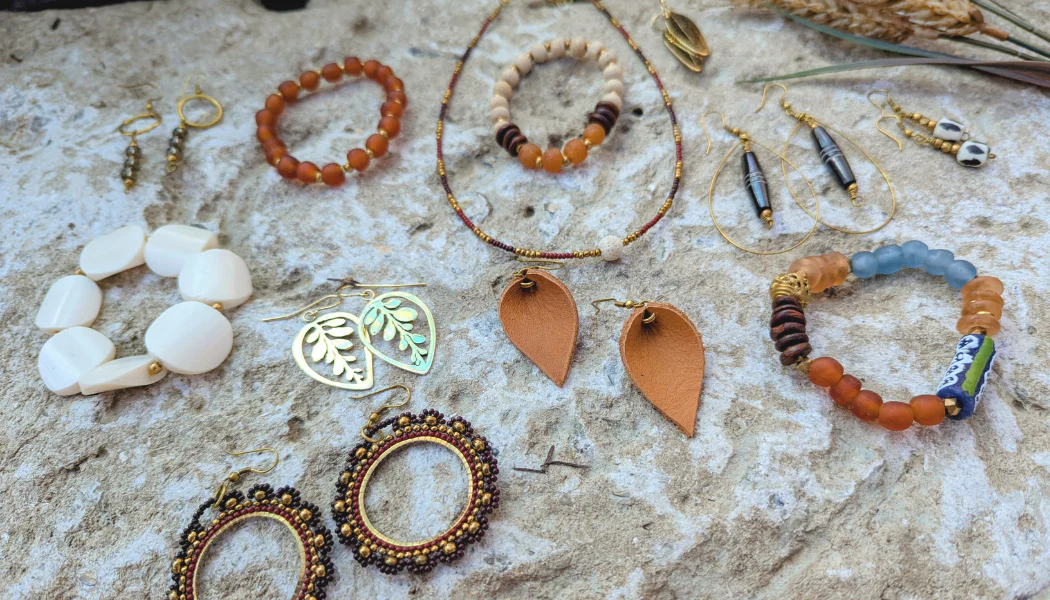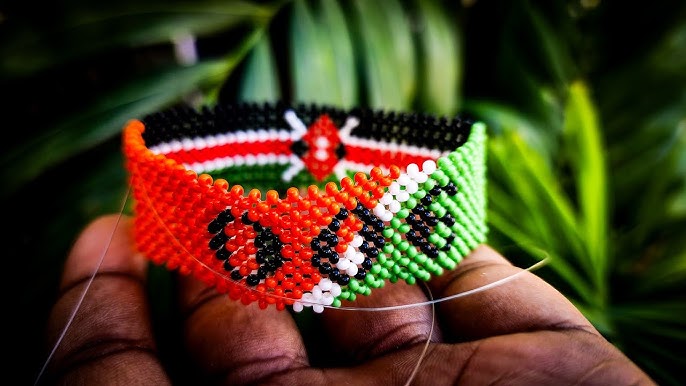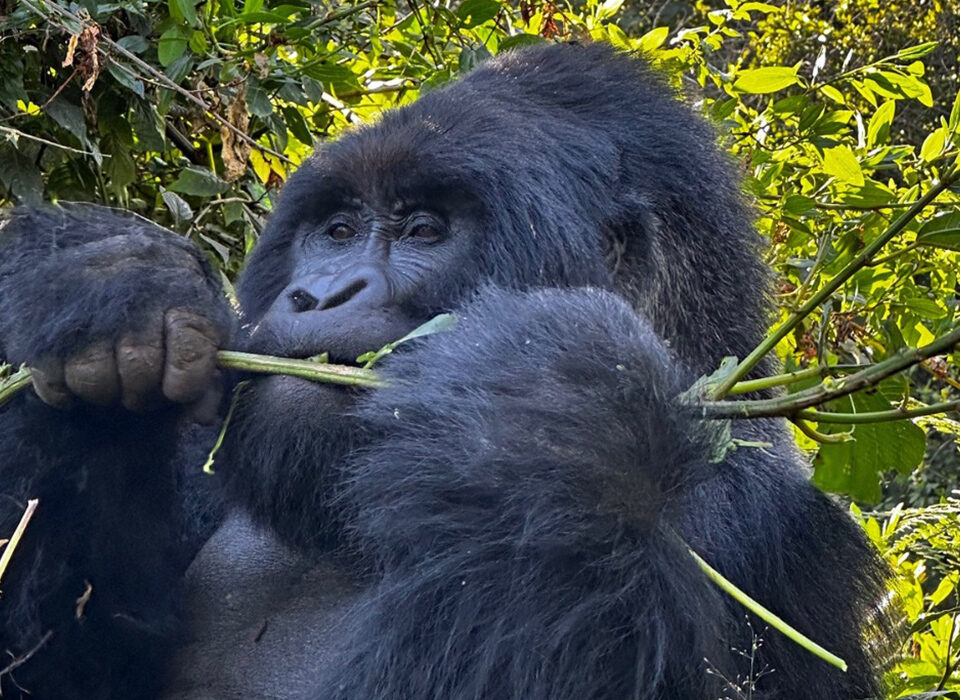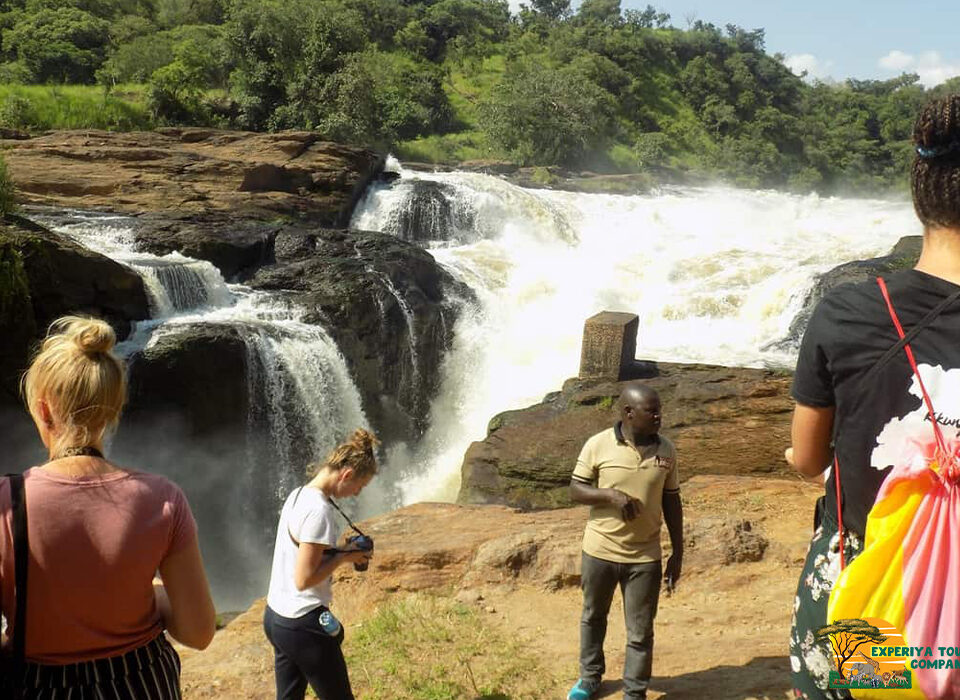
What’s the art scene like in Nairobi?
November 20, 2025
What’s the best street food to try?
November 20, 2025Can I Buy Handmade Jewelry in Kenya?
For travelers who love art, culture, and beautifully crafted keepsakes, Kenya is a paradise for handmade jewelry. The country is home to some of Africa’s most talented artisans—masters of beadwork, metalwork, stone carving, and recycled-material artistry. Whether exploring Maasai villages, browsing Nairobi’s artisan markets, or visiting coastal craft shops, travelers quickly discover that Kenyan jewelry is not just decorative; it is a story, a heritage, and a form of cultural expression. This leads many visitors to ask: Can I buy handmade jewelry in Kenya? Absolutely—Kenya is one of the best places in East Africa to find high-quality, authentic, and meaningful handmade jewelry.
Kenyan jewelry reflects centuries of tradition blended with modern creativity. From bold Maasai beadwork to minimalist brass pieces, from carved bone pendants to colorful glass beads, the diversity is stunning. Handmade jewelry in Kenya is crafted with care, symbolism, and pride. Many artisans belong to community-based groups, cooperatives, or family businesses, ensuring that every purchase supports local livelihoods and preserves cultural craftsmanship. For travelers, buying handmade jewelry becomes more than shopping—it becomes an intimate connection to Kenya’s artistic soul.
The Cultural History Behind Kenyan Jewelry
Jewelry-making in Kenya is deeply tied to identity, tradition, and storytelling. For many communities, jewelry has long been used to convey:
Status and social roles
Age and marital stage
Ritual significance
Spiritual meaning
Community belonging
Cultural beauty
The Maasai people are perhaps the most globally recognized for their beadwork, but many Kenyan communities—including the Samburu, Turkana, Kikuyu, Luo, and Kamba—also have strong jewelry traditions. Modern Kenyan jewelry artisans blend these centuries-old practices with contemporary design to create pieces that feel both culturally grounded and fashion-forward.
Types of Handmade Jewelry You Can Buy in Kenya
Kenya offers an incredible variety of handmade jewelry, each style representing unique techniques, materials, and cultural influences.
Maasai Beadwork – Bold, Colorful, and Symbolic
Maasai jewelry is iconic—vibrant beads arranged in intricate patterns that reflect cultural meaning. Every color symbolizes something:
Red – bravery and strength
Blue – energy, sky, and water
White – purity and peace
Green – fertility and growth
Yellow – hospitality
Orange – friendship
Common Maasai jewelry pieces include:
Necklaces
Bracelets
Earrings
Anklets
Beaded collars
Belts
Headbands
Each item is handcrafted by Maasai women who pass down the skill through generations. Buying Maasai jewelry supports rural women and helps sustain an important cultural tradition.
Brass and Metal Jewelry – Minimalist, Modern, and Chic
Kenya’s brass jewelry scene has exploded in popularity. These pieces are often handcrafted by artisans using traditional metal-smithing techniques.
Popular brass jewelry items include:
Hammered cuff bracelets
Geometric earrings
Minimalist rings
Statement necklaces
African map pendants
Brass jewelry is widely produced in Nairobi’s artisan districts, particularly by skilled creators in Kibera, Rongai, and Kariobangi. Many workshops also incorporate silver and copper accents, creating elegant, ethically made fashion pieces.
Bone and Horn Jewelry – Ethical, Rustic, and Stylish
Jewelry made from cow horn or bone is a Kenyan tradition rooted in pastoral culture. Artisans smooth, carve, dye, and polish horn and bone to create unique pieces.
Products include:
Pendants
Bracelets
Button earrings
Inlays in metal pieces
Beaded bone medallions
These items often feature natural earth tones—cream, black, brown, and smoky grey—making them stunning additions to any jewelry collection.
Soapstone Pendants – Soft, Earthy, and Hand-Carved
Soapstone, sourced from Kisii County, is a beautiful natural material. While often used for sculptures and bowls, soapstone is also crafted into jewelry.
Artisans carve and polish:
Pendants
Earrings
Charm beads
Soapstone jewelry is lightweight and often painted in rich colors or left in its natural pastel form.
Kazuri Beads – Empowering Women Through Jewelry
Kazuri Beads is one of Kenya’s most famous handmade jewelry brands. Founded to support single mothers, Kazuri employs hundreds of women who handcraft ceramic beads and assemble them into necklaces, bracelets, and earrings.
Kazuri jewelry is known for:
Bright colors
Bold shapes
Floral patterns
High-quality craftsmanship
Each bead is hand-shaped, hand-glazed, and hand-polished, making Kazuri jewelry a cherished souvenir.
Recycled Material Jewelry – Eco-Friendly and Creative
Kenyan artisans are innovators when it comes to sustainability. Many craft jewelry from:
Recycled glass
Old magazines
Aluminum cans
Reclaimed wood
Upcycled metal
These eco-friendly pieces represent modern creativity while promoting environmental consciousness.
Coastal Jewelry – Seashells, Pearls, and Natural Beauty
In coastal Kenya—Mombasa, Diani, Lamu—jewelry often incorporates:
Cowrie shells
Coral (ethically sourced)
Pearls
Beads made from coconut shells
These pieces reflect Swahili culture and the coastal aesthetic.
Gemstone Jewelry – Kenyan Treasures
Kenya has deposits of precious and semi-precious gemstones including:
Tsavorite
Ruby
Garnet
Amethyst
Aquamarine
While more expensive than beadwork, gemstone jewelry is professionally cut and set by local jewelers, offering elegant, long-lasting keepsakes.
 Where to Buy Handmade Jewelry in Kenya
Where to Buy Handmade Jewelry in Kenya
Travelers have numerous places to find authentic jewelry—ranging from artisan workshops to markets and boutiques.
The Maasai Market
A lively open-air market where artisans from across Kenya sell handmade pieces. The market rotates locations in Nairobi and is perfect for bargaining and discovering unique designs.
Kazuri Beads Shop (Karen, Nairobi)
The factory tour allows travelers to see the bead-making process and buy directly from the source.
Village Market & Artisanal Boutiques
Upscale shops selling high-quality handmade jewelry curated from various Kenyan artisans.
The Oceanfront Markets in Mombasa or Diani
Coastal markets feature beautiful shell and bead jewelry with Swahili influence.
Lamu’s Craft Shops
Filled with coastal-inspired pieces handmade by local artisans.
Craft Centers at Museums
The Nairobi National Museum and Bomas of Kenya have curated craft shops selling authentic jewelry.
Artist Studios
Visiting artisan workshops offers a deeper experience—you meet creators, learn stories behind the craft, and buy directly.
Why Handmade Jewelry Is a Perfect Kenyan Souvenir
Jewelry from Kenya is more than an accessory—it is meaningful, charming, and full of cultural depth. It represents:
Identity
Community
Beauty
Tradition
Craftsmanship
Empowerment of artisans
Jewelry is also lightweight, easy to carry, and makes wonderful gifts.
How to Recognize Authentic Handmade Jewelry
Choose items with visible handcraft details
Ask the artisan about the meaning or process
Look for slight irregularities—they show authenticity
Avoid overly cheap “mass-produced” pieces
Support fair trade and ethically sourced materials
Buy directly from community groups when possible
Authenticity ensures your purchase preserves culture rather than exploiting it.
Prices of Handmade Jewelry in Kenya
Jewelry prices vary depending on material and craftsmanship:
Maasai bracelets: $3 to $10
Bone pendants: $5 to $15
Brass earrings: $10 to $40
Kazuri necklaces: $20 to $80
Gemstone pieces: $50 to hundreds
Travelers can find something for every budget.
Can You Custom-Order Jewelry?
Yes! Many artisans accept custom orders. You can request:
Personalized designs
Customized colors
Special inscriptions
Matching sets
Gift packaging
Custom-made jewelry is perfect for anniversaries, birthdays, or personal keepsakes.
Travelers’ Favorite Types of Jewelry
Many visitors love bringing home:
Beaded Maasai chokers
Brass spiral earrings
Bone-and-bead bracelets
Kazuri bead sets
Shell anklets from the coast
African map pendants
Safari animal-themed charms
These pieces serve as beautiful reminders of Kenya.
So, Can You Buy Handmade Jewelry in Kenya?
Yes—Kenya is one of the best places to find handmade jewelry that is artistic, culturally meaningful, and ethically crafted. From Maasai beadwork and brass creations to Kazuri beads, coastal shell jewelry, and gemstone pieces, the options are vast and stunning. Every piece reflects Kenya’s heritage, creativity, and the hands of artisans who pour love into their work. Buying handmade jewelry in Kenya is not just a souvenir experience—it is a cultural connection that travelers treasure.
Discover Kenya’s Jewelry Culture With Experiya Tour Company
For the best handmade jewelry shopping experience, travel with local experts who know where to find authentic artisan workshops, Maasai markets, and cultural craft hubs. Experiya Tour Company offers curated shopping tours, cultural experiences, and artisan visits that help travelers purchase meaningful jewelry while supporting local communities. For a rich and authentic jewelry-buying experience, book your cultural journey with Experiya Tour Company.




